Cost-Effective, Socially Just
Across the globe, coastal communities are experiencing dwindling supplies of marine resources, threatening the food security and livelihoods of millions of people worldwide.
It is generally recognised that in many developing countries – where a substantial share of the Earth’s marine biodiversity is found – conventional, top-down coastal protection and management efforts are too costly both financially and in terms of scarce human resources to be of much practical value for broad-scale national application.
The LMMA Network is a unique and diverse tapestry of communities, NGOs, government agencies and researchers all working together to promote food security and livelihoods through cost-effective, inclusive, and socially just, bottom-up approaches.
The LMMA Network was founded on the belief that local communities are best positioned to manage coastal resources but are often left unempowered through international initiatives or government efforts.
Our Approach
Our Impact

Pioneered global LMMA model for coastal resource management in support of food security, biodiversity preservation and climate change adaptation. In Fiji alone, more than 80 percent of inshore areas are under local management.
Demonstrated best practices for advancing sustainable community development and poverty alleviation, receiving prestigious awards such as the Equator Prize and the WWF’s Duke of Edinburgh Conservation Award.
LMMA approaches embedded in national, regional, and international fisheries and conservation frameworks and policies, such as National Biodiversity Strategic Action Plans, Green Growth Frameworks, Fisheries Roadmaps and Pacific Oceanscape Framework.
Demonstrated measurable benefits of local management on governance, income, fish biomass, and rare species. Relevant publications: Jupiter et al (2014), Pac Con Biol, and Rocliffe et al (2014), PLoS ONE.

Get Updates via Email
Subscribe to our e-newsletter to keep up to date with latest news and research on community-based marine resource management.


